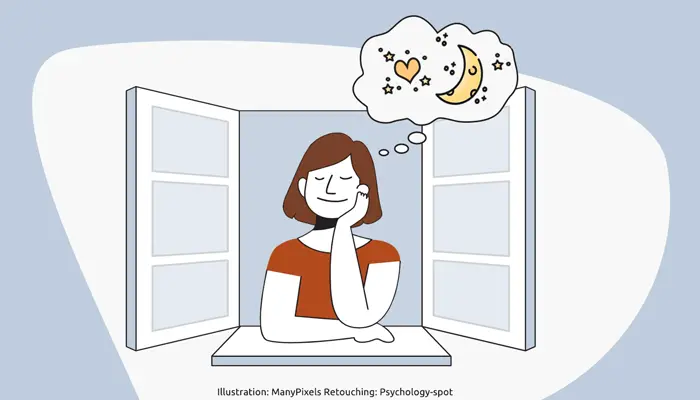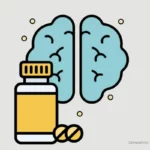
While psychologists strive to understand what is the role and meaning of dreams, others seem to have definitely solved the mystery: they are convinced that dreams contain essential truths. But… why people from such diverse cultures assumed these psychoanalytic theories belonging to Freud in relation to their dreams? Can a dream determine our decisions and our behaviors?
Scientists at Harvard University and Carnegie Mellon, surveyed a total of 1100 people in the United States, India and South Korea, with the aim to discover the interpretations they gave to their dreams and to analyze whether these concepts influenced their decisions.
Respondents believed that dreams reveal hidden truths about themselves and the world around them, and these are considered a form of insight. On the other side, respondents acknowledged that they did not take as seriously an official warning about the possible danger to board a plane as if they dreamed of a plane crash. In the last case, 100% of them wouldn’t take the airplane. Curiously they add that: dreaming of a plane crash produces the same anxiety than if it really happened. Anyway, people tend to consider dreams as a source of powerful information more than a conscious thought.
Finally, the researchers wondered if dreams were all equally significant. The results? Respondents attributed more importance to pleasant dreams when they included people they esteemed; however, acquired greater significance those unpleasant dreams which included people they dislike. As you can imagine, depending on these dreaming experiences the relationships with people in question may vary substantially.
What happens to the unrealistic or bizarre dreams? It turns out that people also attribute meaning to these dreams even if they understand that they could not come true, their desire to give an interpretation leads to find a meaning where there isn’t.
In other words, we attribute meaning to our dreams following our beliefs and desires. So we create self-fulfilling prophecies that follows the Thomas Theorem: “If men define situations as real, they are real in their consequences.”
Few last words to reassure you: dreams represent our fears, concerns and daily beliefs; rarely they account for future prophecies. There are even studies to assert that people experience more nightmares when under stress. Remember these details the next time you try to find the meanings of your dreams.
Source:
Morewedge, C. K. & Norton, M. I. (2009) When Dreaming Is Believing: The (Motivated) Interpretation of Dreams. Journal of Personality and Social Psychology, 96(2): 249-264.



